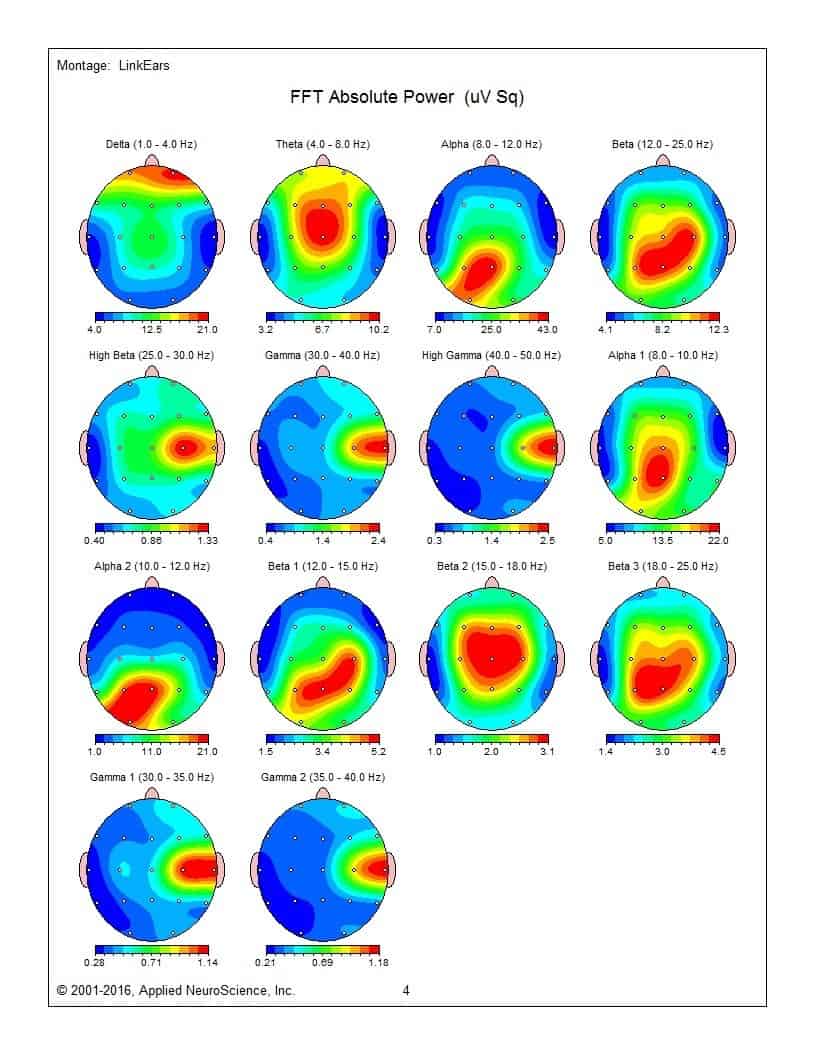Unlocking the Mysteries of the Brain Through qEEG Cerebral Mapping in Psychological Wellness Assessment
Unlocking the Mysteries of the Brain Through qEEG Cerebral Mapping in Psychological Wellness Assessment
Blog Article
Understanding the individual brain is a complex task, especially when it comes to mental health. Traditional approaches of evaluation frequently depend on conversations and questionnaires, which can occasionally miss important aspects about how the mind operates. This is where quantitative electroencephalography, or qEEG, comes into play. qEEG is a specific technique that measures electrical signals in the cerebrum. By examining these neural patterns, psychological health professionals can gain valuable insights into a individual's psychological state, aiding to enhance diagnosis and treatment.
qEEG functions by applying small sensors on the scalp to record brain signals. These electrodes detect neural impulses produced by nerve cells, the cells in the brain that communicate with each other. The data collected is then analyzed and presented as a set of waveforms. Each kind of neural wave—such as alpha, beta, delta, and θ—corresponds to various psychological conditions and activities. For instance, alpha waves are often associated with calmness, while β waves are associated to active cognition and issue resolution. By examining these patterns, healthcare providers can identify irregularities that may indicate mental health concerns.
One of the major benefits of qEEG is its ability to offer unbiased information. Unlike traditional evaluations that depend on personal accounts from patients, qEEG offers a distinct view of brain activity. This clarity can assist reduce biases in diagnosis and result to more accurate treatment plans. For example, if a client is facing anxiety, qEEG can reveal specific patterns of neural function that are linked with stress disorders. This information allows psychological health experts to customize interventions more efficiently, whether through counseling, pharmaceuticals, or other treatments.
Moreover, qEEG can be particularly beneficial in tracking intervention advancement. By performing qEEG evaluations at various points during treatment, clinicians can track variations in neural function over period. This continuous assessment assists ascertain whether a treatment is effective or if adjustments are required. For instance, if a patient is not reacting to a specific treatment, qEEG may indicate that their neural function has not altered in a manner that suggests improvement. This feedback loop can lead to more personalized and efficient mental health treatment.
In summary, click this over here now qEEG brain mapping is a powerful tool in the field of mental health assessment. By providing objective information about neural function, it enhances the comprehension of various psychological health disorders. This method not only assists in precise assessment but also assists in monitoring intervention success. As mental health professionals continue to explore the potential of qEEG, it holds potential for improving the lives of individuals dealing with psychological health challenges. With continuous research and advancements in technology, the mysteries of the mind may become clearer, leading to better results for those in requirement of assistance.